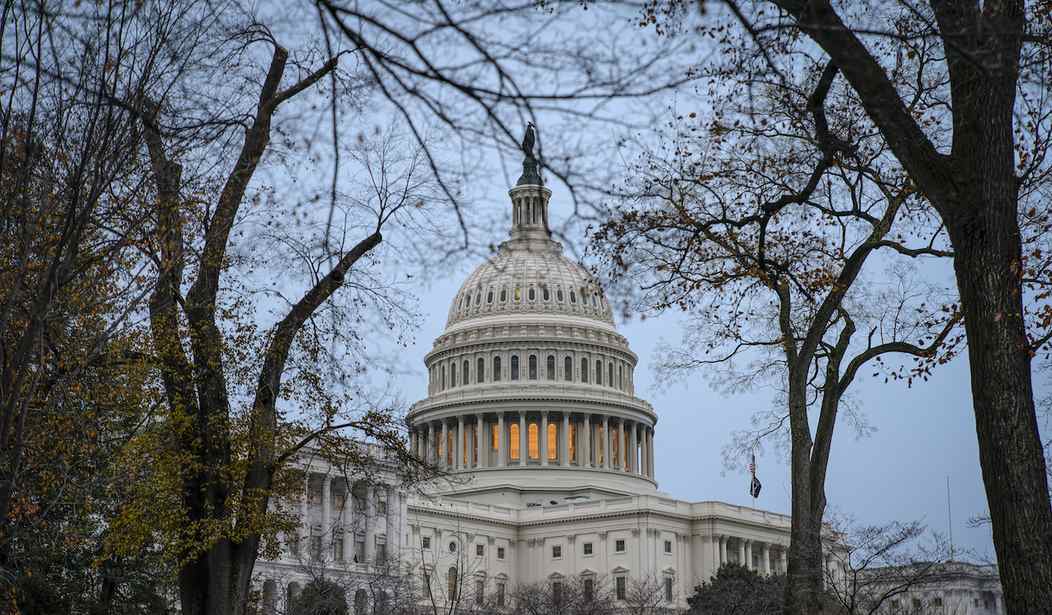While control of the Senate following the November midterm elections has been something of a toss-up, polls are increasingly indicating that Republicans have a chance, and media reports are following with it. Republicans are also even more likely to win control of the House, and control of both chambers is becoming a very real possibility, just over a month away from the elections.
If Democrats think they have a difficult time this cycle, though, 2024 will likely be even more challenging, according to a POLITICO report by Burgess Everett. "Senate Dems face brutal 2024 map with at least eight undecided incumbents," Everett writes in his headline, not mincing words.
Come 2024, 33 seats will be up for re-election, with 23 of them including Democrats, and many of them in Republican or toss-up states. In his report, Everett examines whether a significant amount--at least eight--will run again or decide to retire.
It may come down to how Democrats fare in these midterms:
Several senators are waiting to see how the midterms shake out in a month before making any moves, according to interviews and statements from 22 of the 23 sitting Democrats up in 2024. And holding the majority this fall in a tough environment could help keep some incumbents happier about running for reelection.
Some of those wrestling with whether to run hold safe seats, like Ben Cardin of Maryland and Tom Carper of Delaware. Others represent perennial battlegrounds, like Jon Tester of Montana and Joe Manchin of West Virginia, both of whom survived the 2018 midterm cycle that evicted four colleagues from red or swing states.
The best way for Democrats to survive 2024’s lopsided Senate map is to get as many of their battle-tested incumbents as possible to run again, and on that front, there is a bright side: In-cycle members in Nevada, Wisconsin, Pennsylvania and Michigan all plan to seek another term in 2024. That makes the decisions of undecided incumbents critical ahead of what’s likely to be another narrowly divided Senate next year, with seats Democrats used to hold in Missouri, Indiana and North Dakota drifting further away.
Recommended
For the 2022 election cycle, there are 35 seats, with 21 of them being Republicans, including six resigning or retiring. While there may be pickups for Republicans in states like Arizona, Georgia, Nevada, and Pennsylvania, Everett points to pick-ups for Democrats in 2024 "are probably Texas and Florida — not exactly fertile ground."
Everett's piece also highlights how damaging prior retirements played out for previous cycles, including in 2014, when Republicans took control of the body:
Five Democratic retirements in 2014, including four in red-leaning states, set the tone for a brutal midterm that cost Democrats nine seats, including in states like Arkansas and Louisiana that are now safely Republican. Since then, Democrats have avoided the kind of Senate exodus the GOP faced this year when five of its members called it quits.
Meanwhile, a high amount of retirements in the House this cycle contribute to the likelihood that Democrats will lose their majority in the body.

























Join the conversation as a VIP Member